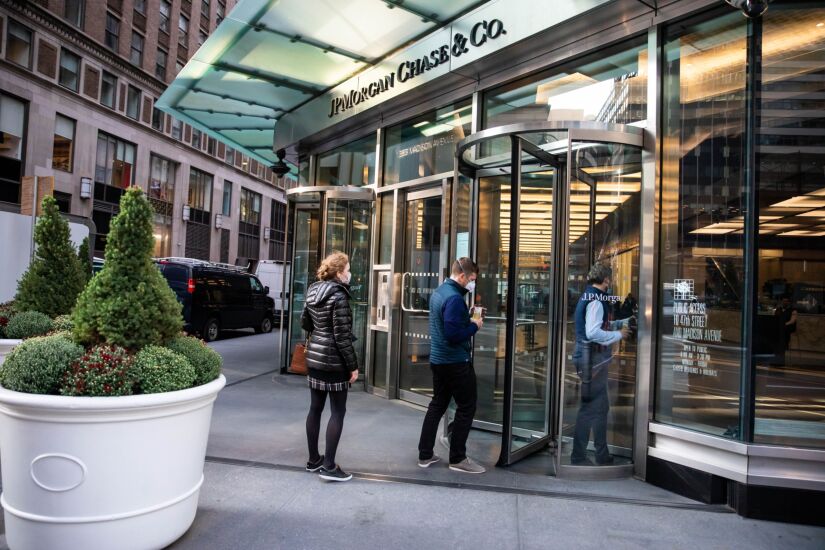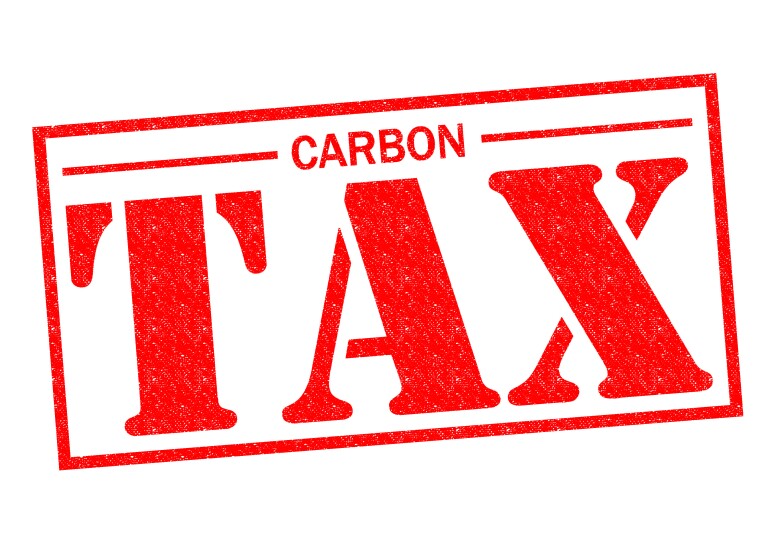A pandemic. A recession. Nationwide unrest over racial injustice. The events of the past 12 months have demonstrated with crystal clarity that banks have a role to play in society that goes far beyond taking deposits and making loans.
It’s now more critical than ever for banks to understand what it means to be good corporate citizens — and that entails more than just philanthropy, JPMorgan Chase Chairman and CEO Jamie Dimon said in his latest letter to shareholders. In some cases, it means engaging at the national level on certain policy issues, he said.
“We engage at this level because companies (like ours) have an extraordinary capability to help,” Dimon said. “We help not just with funding but with developing strong public policy, which can have a greater impact on society than the collective effect of companies that are responsible community citizens locally.”
In a 66-page letter published Wednesday, Dimon said he expects the U.S. economy to come roaring back from the pandemic-induced recession, but he leveled criticism at regulators for imposing capital rules that he said prevented the industry from doing more to prop up the economy during the past year.
He also had a message for his fellow bankers about the threat to their dominance from big technology companies and upstart fintech firms. “While I am still confident that JPMorgan Chase can grow and earn a good return for its shareholders, the competition will be intense, and we must get faster and be more creative,” Dimon wrote.
Here are six takeaways from his letter:











